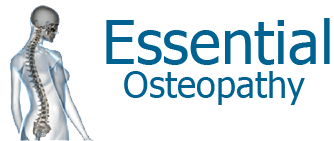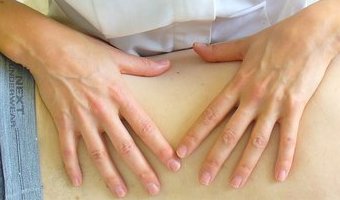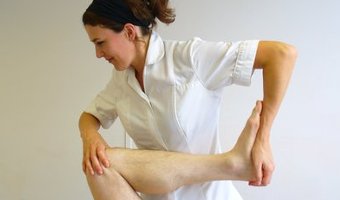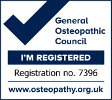TMJ and jaw problems
The letters TMJ stand for the temporo-mandibular joint, the joint attaching the jaw to the head. You can feel it moving in front of your ears when you open your mouth. If you have pain in one or both sides of the face in these area(s), you may have TMJ dysfunction, which can be very debilitating as it can affect eating, drinking and talking. TMJ problems can be caused by:
· malocclusion – where your teeth do not meet as you close your mouth
· clenching or grinding your teeth
· postural problems – affecting the position of your lower jaw.
In all these cases, there is likely to be an imbalance of the muscles which control the TMJ, which, left untreated, can leave the joint vulnerable to arthritic changes.
If you have TMJ dysfunction you may feel pain in the joint(s), your jaw may click as you open and close your mouth and you may have difficulty chewing, swallowing and even drinking. Other common symptoms include:
· headaches
· earache
· neck or shoulder pain
· tenderness in the jaw
· ringing in the ears (tinnitus)
· pain around or behind the eyes
· sinus pain
· dizziness and light-headedness
A simple test to establish whether you have a TMJ problem is to straighten three fingers and align them side-by-side and try and place them in your mouth with the first finger against your lower teeth and the third feeling against the edge of your top teeth. If you cannot open your mouth wide enough, you have TMJ dysfunction.
Treatment for TMJ dysfunction depends on the cause. If it is due to postural or muscular problems, Osteopathic treatment can help to reduce your symptoms and relax any jaw muscle spasming. You may be given exercises to do after the treatment(s) which should further relieve the symptoms. In the case of malocclusion, you may need referral to an orthodontist for bite correction or dental work. If the problem is stress-related, stress management strategies may be most appropriate.
In addition to intervention by an Osteopath, Orthodontist or other practitioner, you can help ease the discomfort by applying ice to the joint(s) help reduce any local swelling and then heat to relax the muscles. Ideally avoid caffeinated drinks, emotional stress where possible or chewing gum – again, to allow the jaw, neck and shoulder muscles to relax. As appropriate, pain killers and anti-inflammatories can also be taken in the short term if you are in a lot of pain.





